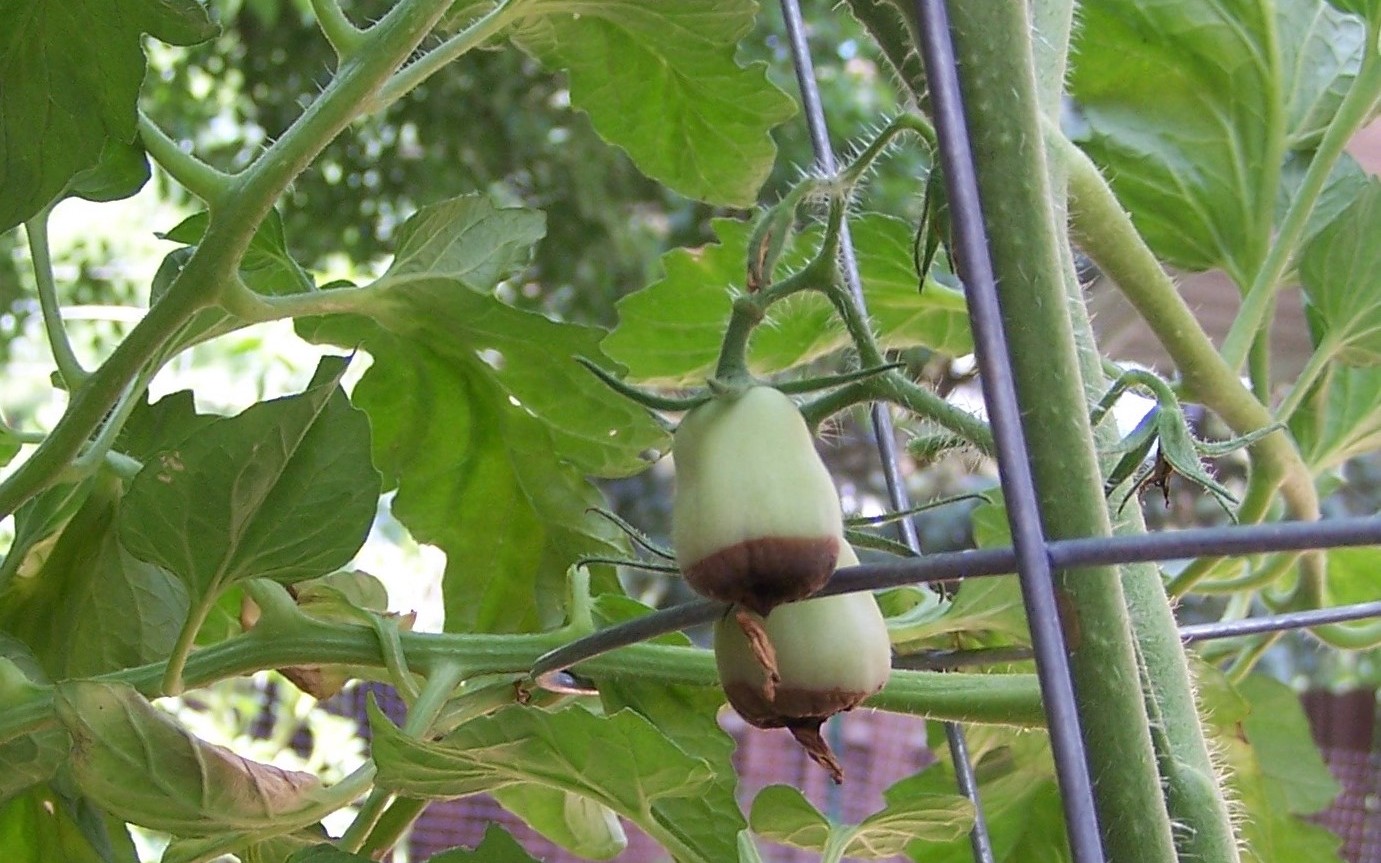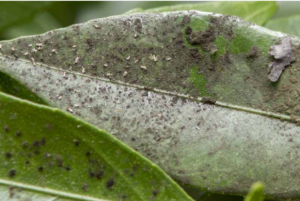Calcium is a vital component for healthy plant development and sturdy cell walls and helps maintain the plant’s strength and shape. It strengthens stems and contributes to producing flowers, fruits, and vegetables. Calcium is important in plants that produce fruits and vegetables as they require new growth cells with adequate strength to grow. Plants like squash, tomatoes, and peppers are susceptible to calcium deficiency. Low dissolved oxygen can cause calcium deficiency in the plant shoots.
How to Identify Calcium Deficiency
Signs of calcium deficiency are usually visually distinct enough to tell it apart from other deficiencies. New plant growth is the most affected by calcium deficiency as calcium is generally already present in older leaves. Plants will start to show various visual signs if calcium levels are low. Symptoms to look out for include:
- Slight young leaf chlorosis – Brown or black scorching on new leaf tips.
- Dead areas on young plants – Parts of the plant become mushy or dead.
- New leaves are distorted – New leaves are deformed with hooked tips and irregular shapes.
How to Treat Calcium Deficiency
Make sure you have the correct pH levels as low pH levels can cause problems with calcium absorption in your plants. Too high of sodium levels can also cause problems with calcium uptake, so it is necessary to monitor the sodium levels and change your water out if the system has to much sodium.
Method 1: Add a small amount of hydrated (or agricultural) lime to various parts of the tank, which will supplement calcium and magnesium and raise the pH levels.
Method 2: Spray calcium chloride mixed with some water on your plants. The ratio should be four teaspoons of Calcium Chloride per gallon of water. You can increase the dose if needed and spray once a week to your plants.
Method 3: If the pH levels are really low then add small quantities of Calcium Carbonate to various parts of the tank.
Preventing Calcium Deficiency
Balancing nutrients in your system is important in preventing calcium deficiency, as calcium interacts with other nutrients in your system, which can make it hard for plants to absorb calcium.
Keep the pH levels from dropping too low.
Balancing phosphorous and sodium levels.
Balancing humidity (refer to p.17) and air circulation.
Make sure you keep calcium supplements on hand for future calcium deficiencies.




